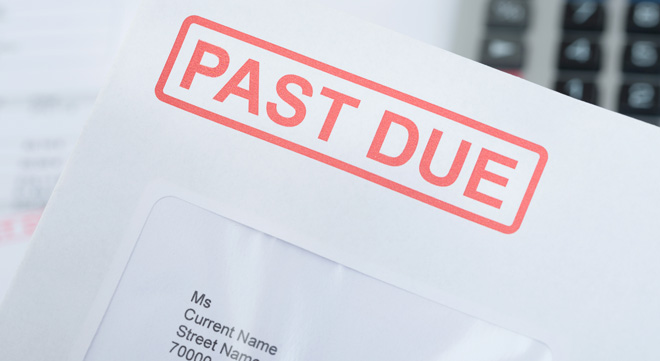Ombudsman Educates Consumers on Prescription of Debt and Their Rights

The Ombudsman for Banking Services (OBS) educates consumers on their rights concerning prescribed debts under the National Credit Act (NCA). Ombudsman Reana Steyn emphasizes the importance of understanding the Prescription Act, which outlines when a debt is no longer collectible due to the passage of time.
The Ombudsman for Banking Services (OBS) has released vital information for consumers regarding their rights when it comes to prescribed debts. Many consumers are unaware that under the National Credit Act (NCA), creditors are prohibited from collecting debts that have prescribed, meaning they are too old to be legally enforced.
Ombudsman Reana Steyn highlighted that the Prescription Act, along with Section 126B of the NCA, states that a debtor’s liability to pay a specific debt to a creditor is extinguished after a prescribed period. The act specifies that most contractual and civil debts will be extinguished if not paid or acknowledged for three years from the due date. However, some exceptions exist, such as debts secured by mortgage bonds and debts based on court judgments, which prescribe after 30 years.
The legality of collecting prescribed debt depends on whether the debt falls under the NCA, which includes credit agreements like overdrafts, mortgages, personal loans, credit card debt, and vehicle finance agreements. For debts outside the NCA, creditors can still demand payment, get consumers to acknowledge the debt, and even sue on a prescribed debt.
Steyn stressed the importance of consumers knowing their rights. Acknowledging a prescribed debt, even without payment, prevents raising the defense of prescription in court. Under the NCA, banks and other creditors cannot collect or sell a prescribed debt. Consumers do not need to raise the defense of prescription actively, as they are automatically absolved from paying these debts.
Prescription can be interrupted if, within the three years after the payment was due, the debtor acknowledges the debt verbally or in writing, makes a payment towards the debt, or if the creditor issues and serves a summons on the debtor.
Steyn advised consumers who believe their debt has prescribed to raise the issue if they receive a demand for payment. If creditors persist, consumers should lodge a complaint with the OBS. From January 2021 to July 2022, the OBS investigated 193 complaints about banks collecting on prescribed debts, with more than R1 million written off or repaid to complainants.
In most cases, the OBS found in favor of the banks, as the debts had not prescribed, and the outstanding balances increased due to arrears and legal fees. Nonetheless, the OBS ensures that banks comply with the Prescription Act and the NCA, protecting consumers from unlawful debt collection practices.

